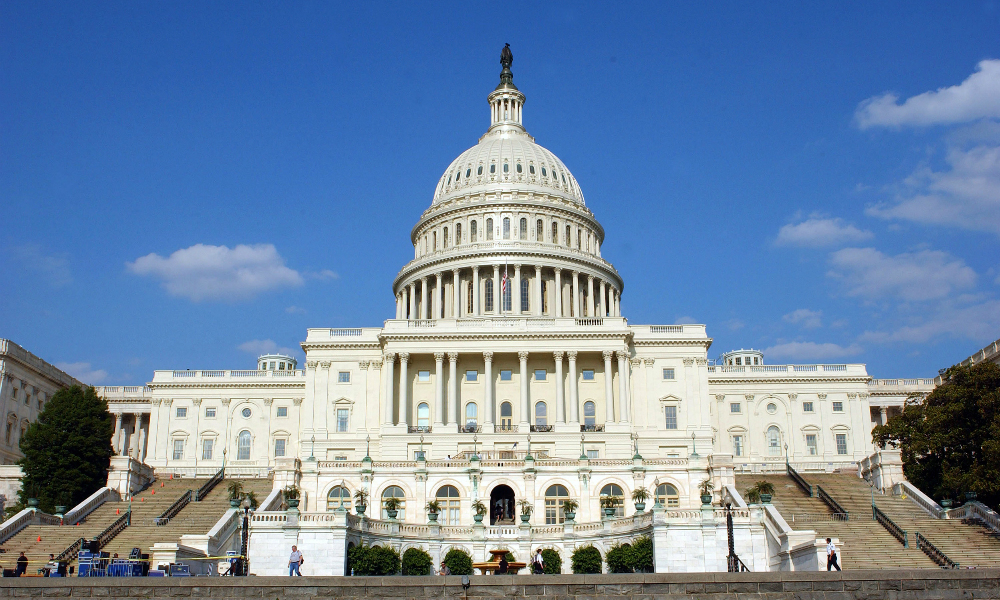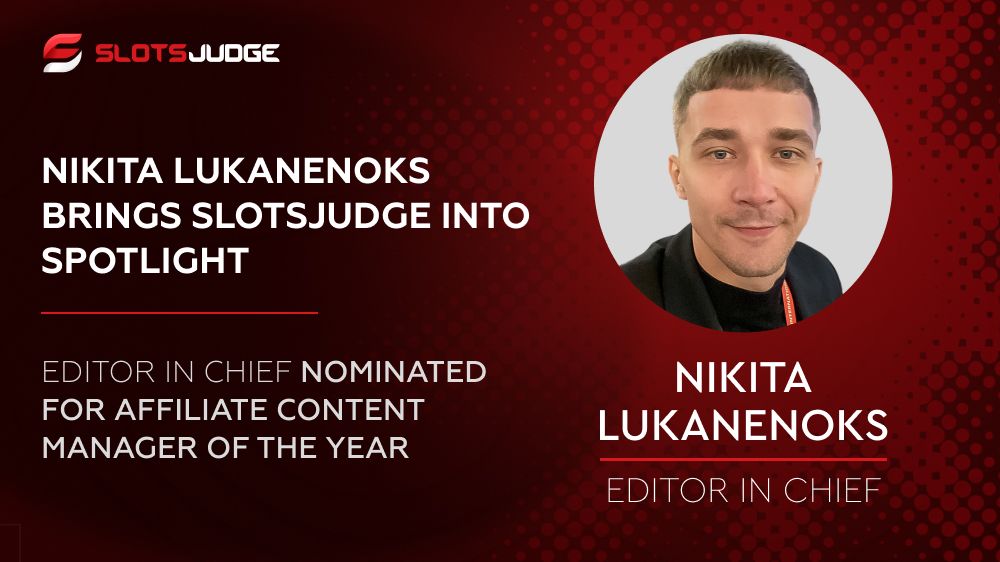Gambling in the USA
Four gaming companies hit with online gambling lawsuits over ‘free-to-play’ casino games

A spate of lawsuits filed over the last few days target online gaming companies, alleging their digital casino offerings constitute illegal gambling under Washington state law.
These lawsuits follow a ruling last month from a federal appeals court that found Big Fish Games’ casino games violate Washington state law governing online gambling. The latest lawsuits, four in total filed late last week and early this week, target “free-to-play” casino games from Huuuge Games, DoubleDown Interactive, High 5 Games and Playtika.
Each company offers a series of games typically found in casinos, like slots, blackjack and roulette, that use virtual chips. The chips have no monetary value themselves, but players can only play as long as they have chips. If they run out, they have to wait until the game offers more free chips or they can buy hundreds of thousands of chips for a couple bucks and jump back in.
These cases, along with the Big Fish case that preceded them, could have major implications for the casual games market. A lot of popular games today use in-app purchases as a revenue driver, and it appears there is a burgeoning backlash against that.
The suits, filed in U.S. District Court in Seattle and Tacoma, use similar language and arguments in their filings. Three are from the same plaintiff, and the same law firm and lawyers — Janissa A. Strabuk and Cecily C. Shiel of Seattle-based Tousley Brain Stephens — lead the legal teams in the lawsuits.
We’ve reached out to the companies and lawyers involved in the lawsuits and will update this story if we hear back.
The suits center around the same arguments as the Big Fish case. They allege that the chips, though they are not worth any money on their own, represent “something of value,” a vague clause within Washington state law governing gambling. The chips have value, the suits argue, because they are vital to continue playing the game.
“Double Down Casino games are illegal gambling games because they are online games at which players wager things of value (the chips) and by an element of chance (e.g., by spinning an online slot machine) are able to obtain additional entertainment and extend gameplay (by winning additional chips),” according to one of the suits.
The plaintiffs seek class action status for their lawsuits. They are also asking that the gaming companies be barred from “continuing the challenged conduct” and for damages.
Sean Wilson, the plaintiff in three of the lawsuits claims to have spent only about $20 on chips for casino games from Huuuge, High 5 and Playtika. Plaintiff Adrienne Benson claims to have lost about $1,000 on DoubleDown games.
Casual games like the casino offerings are big business. The lawsuits cite a figure from JP Morgan saying that these free “games of chance generated over $3.8 billion in worldwide revenue,” in 2016, with expected growth of 10 percent annually.
Online gambling lawsuits are fairly common, from small mobile game-makers to gaming giants like Valve. The game companies have come out victorious in past cases, but the Big Fish ruling last month was an exception.
That broad “something of value” phrase in Washington law made the difference in the Big Fish case. There are no federal laws governing online gambling, meaning each case is subject to a different set of state laws.
“The similarity between micro-transaction based games of chance and games of chance found in casinos has caused governments across the world to intervene to limit their availability,” according to one of the lawsuits. “Unfortunately, such games have eluded regulation in the United States. As a result, and as described below, Defendant’s Huuuge Casino has thrived and thousands of consumers have spent millions of dollars unwittingly playing Defendant’s unlawful games of chance.”
The Big Fish case still has a long way to go before it’s settled, but it appears that the floodgates have opened for people to challenge mobile gaming companies under Washington law. Only one of the gaming companies named in the suit has a Washington presence.
Venkat Balasubramani, an attorney at Focal PLLC who is not involved in any of these cases but is representing gamers in a California case focused on violations of false advertising and consumer laws, told GeekWire following the Big Fish ruling last month that the lack of federal laws throws a wrench into this online gambling debate.
“The fact that it’s state law is a wrinkle because it’s not easy for Washington to reach outside its borders and enforce Washington law against foreign companies,” Balasubramani said. “That’s always a tricky issue in the legal arena.”
Source: geekwire.com
-

 Africa5 days ago
Africa5 days agoQTech Games wins Best Innovation of the Year at the 2025 SBWA+ Eventus Awards
-

 Asia5 days ago
Asia5 days agoNODWIN Gaming and JioStar Unveil OnePlus Android BGMS Season 4
-

 Latest News5 days ago
Latest News5 days agoVindral appoints Henrik Fagerlund as Chairman of the Board
-

 Latest News5 days ago
Latest News5 days agoCalema to Perform at Legends Charity Game in Lisbon
-

 Conferences in Europe5 days ago
Conferences in Europe5 days agoEGT Digital and EGT to rock the show at SiGMA Euro-Med 2025
-

 Latest News5 days ago
Latest News5 days agoPush Gaming redefines its portfolio, unveiling new game categories and sub-brand for extended player reach
-

 Affiliate Industry5 days ago
Affiliate Industry5 days agoNikita Lukanenoks Brings Slotsjudge Into Spotlight With Affiliate Leaders Awards 2025 Nomination
-

 Latest News5 days ago
Latest News5 days agoThunderkick returns for an even fierier fiesta in Carnival Queen 2


















